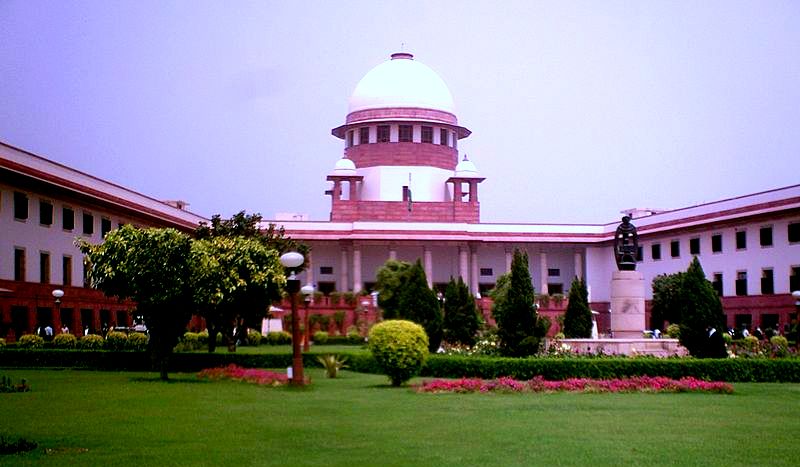Indian Government Opposes Legalizing Same-Sex Marriage in Supreme Court Affidavit

Delhi, 12th March 2023: The central government of India has filed an affidavit opposing the legal recognition of same-sex marriages in the country. The affidavit was submitted to the Supreme Court of India in response to a petition seeking the legalization of same-sex marriages under the Hindu Marriage Act, 1955.
The government’s affidavit argued that the concept of marriage, as recognized under Indian law, only pertains to a union between a biological man and a biological woman. It further stated that legalizing same-sex marriages would not be conducive to the “public good” and would go against the “unique characteristics” of Indian society.
The government also argued that the matter of legalizing same-sex marriages should be left to the “wisdom of Parliament,” instead of being decided by the courts.
The petition seeking the legalization of same-sex marriages was filed by two women who have been living together as a couple for several years. The petition argued that denying them the right to marry was a violation of their fundamental rights, including the right to equality and non-discrimination.
India currently does not legally recognize same-sex marriages, and homosexuality was decriminalized only in 2018. However, some states in India, such as Kerala and Uttarakhand, have recognized same-sex relationships and granted them some legal protections.
Opposition to the legalization of same-sex marriages in India is not a new issue. Conservative and religious groups in the country have long been against it, citing traditional values and cultural norms. However, advocates for the legalization of same-sex marriages argue that it is a matter of human rights and equality.
The Supreme Court of India has yet to make a decision on the matter, but the government’s affidavit indicates that the central government is not in favor of legalizing same-sex marriages in the country. The decision will ultimately have a significant impact on the rights and freedoms of the LGBTQ+ community in India.








